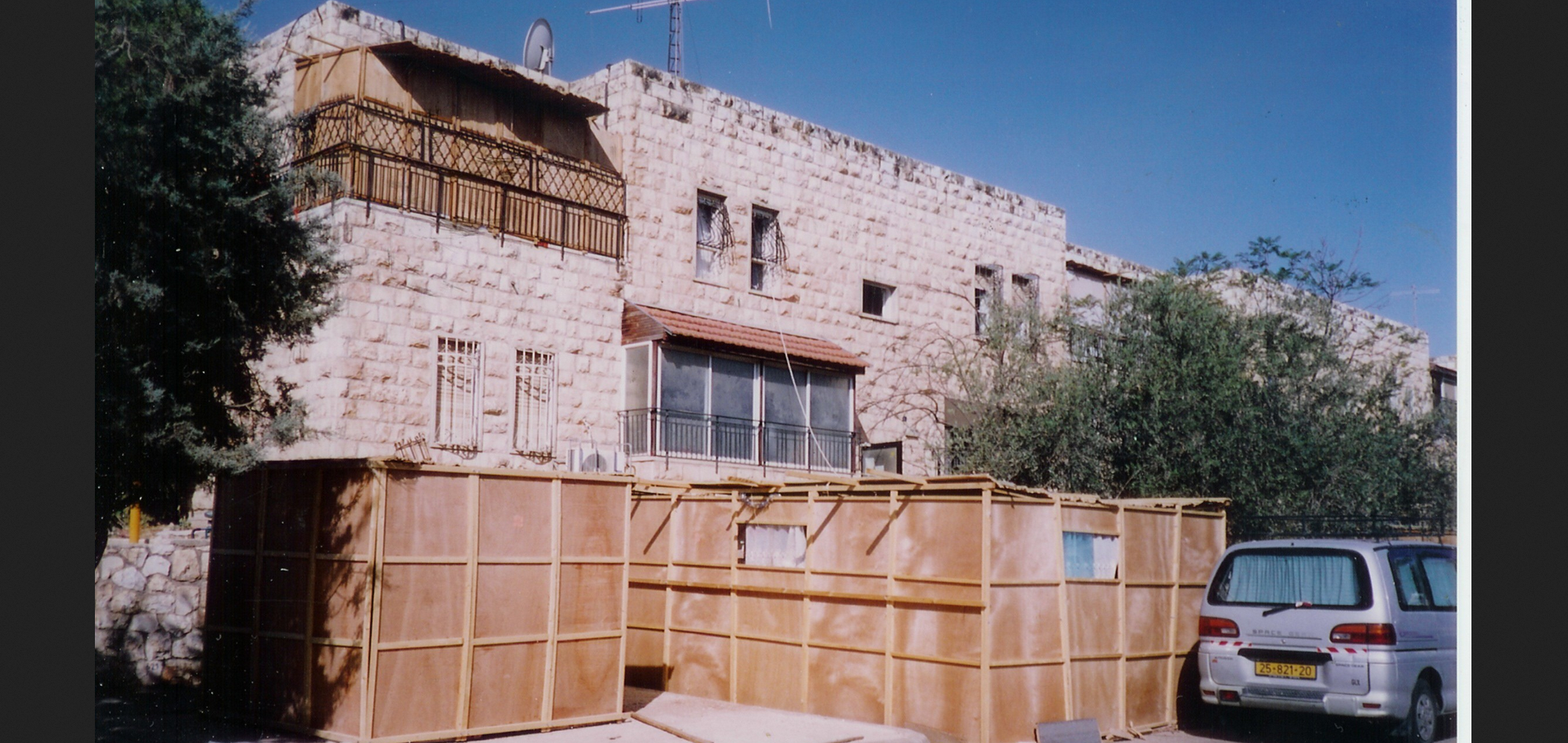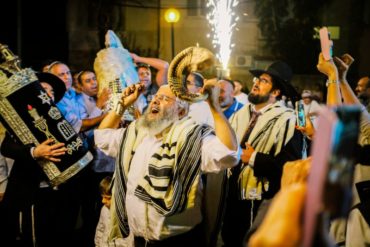What is the Jewish View of Abortion?
Dear Jew in the City-
With a spot opening up the Supreme Court, abortion is in the news a lot these days. This got me thinking – is Judaism pro-life, pro-choice or some combination?
All the best,
Ruby
Dear Ruby-
Sometimes they’ll ask me to field a question and I’ll decline on the basis that “no good can come of that.” I almost went that route on this question because there are obviously strong feelings on both sides of the political spectrum and, whatever I say, someone’s going to be really upset about it. It is, however, an important issue so I decided to address it with a couple of caveats, namely: (1) what I say here is strictly apolitical – I in no way mean to imply who anyone should vote for and any political implications that readers may draw from my words are completely their own doing; (2) this is just the tip of a really big iceberg. We examine the basic sources but there is a lot of contemporary responsa literature on the subject not covered here; and (3) there is by no means enough information here for anyone to draw any conclusions for practical application. If one has a real-life situation that needs addressing, an authority must be consulted.
That having been said, Jewish law and tradition do not fit comfortably into either the “pro-life” or “pro-choice” camps. Rather, it’s a gray area with a foot in each camp. The Torah does not permit abortion on demand but there are situations in which abortion would be permitted, or even required.
The Torah not only prohibits abortion for Jews, it is universally prohibited under the seven Noahide laws under the general category of murder. God commanded Noah, “Shofeich dam ha’adam ba’adam damo yishafeich,” generally translated as, “Whoever sheds man’s blood, by man shall his blood be shed” (Genesis 9:6) and meaning that one is executed for murder. The Talmud in Sanhedrin (57b) gives an equally-valid alternate interpretation: “Whoever sheds the blood of a person inside a person, his blood shall be shed.” “A person inside a person” means a fetus. This reading informs us that abortion is considered murder.
While abortion may be considered a form of murder, it’s not exactly the same as “regular” murder. Consider the case in parshas Mishpatim (Exodus 21:22-23). There, we are told the case of two men who are fighting and a pregnant bystander is injured. If the woman miscarries, the one who injured her must pay a fine but if she dies, it is a capital crime. We see a difference here between killing the mother – which is manslaughter – and killing the fetus, which is a lesser offense.
This brings us to the concept that a fetus is not an independent entity but rather it is a limb of its mother (Baba Kama 78b). This certainly makes aborting easier to permit when it’s necessary than if abortion is the same as outright murder but it still doesn’t facilitate abortion on demand. Go to your rabbi (or your doctor) and ask for permission to have a healthy arm or leg chopped off because it’s your body and your choice. I suspect that you won’t get the green light.
Perhaps a lesser concern (but still potentially an important issue, theologically-speaking) is that abortion goes against the obligation to procreate. The Talmud in Yevamos (63b) says that moshiach won’t come until all the souls that are waiting to be born have been born (based on Isaiah 57:16), so intentional refusal to procreate holds up the redemption. Additionally, one who refuses to procreate is likened to a murderer (based on the juxtaposition of these concepts in Genesis 9:6-7) and is responsible for diminishing God’s glory in this world, since man is in the image of God (based on the juxtaposition of concepts in Genesis 1:27-28). Of course, these particular objections also apply to birth control in general, which is much more lenient than abortion, so let’s leave them aside.
So far, all this sounds like arguments for the pro-life side. Now let’s hear the pro-choice part.
Generally speaking, one is permitted to violate any mitzvah in order to save a human life, including “big” ones like violating Shabbos and even eating on Yom Kippur. The exceptions to this principle are murder, idolatry and sexual immorality (i.e., adultery and incest). Based on this, one might think that abortion should always be prohibited as a form of murder, regardless of the circumstances. However, the mishna in Ohalos (7:6) teaches us that one is permitted to abort when the pregnancy poses a danger to the mother. It does note, though, that once the baby has mostly emerged, this is no longer the case.
The Talmud (Sanhedrin 72b) explains the distinction. The fetus endangering the mother is treated like a rodeif (pursuer). A rodeif is a person who pursues an innocent in order to kill them. Bystanders are obligated to kill a rodeif if this is necessary to save the innocent victim. This obligates doctors (and expectant mothers) to do what is necessary to save the mother’s life when endangered. But the analogy only goes so far because the fetus is not literally a rodeif. Once the baby is considered born, its life is as valuable as the mother’s. It’s now circumstances that are endangering her life and not any conscious action on the part of the born baby, who is an independent person. Since we may not commit murder to save a life, such abortions may not be performed.
It must be noted that it’s not only physical dangers that can permit (or require) an abortion; the same can be true of mental and emotional disorders. There are women who simply cannot carry a baby to term without risking their mental or emotional health; this may be the situation in cases of pregnancy caused by rape or incest. In such cases, abortion may be permitted (or required).
Most authorities do not recognize the baby’s potential “quality of life” as a factor to warrant abortion. Accordingly, things like Down Syndrome and Tay Sachs are not generally seen as reasons to abort, though the impact of bearing the child on the mother’s mental health may be a consideration in some cases. (I reiterate that in any question of practical application, an authority must be consulted!)
So, getting back to the question of pro-life vs. pro-choice, there are certainly Orthodox Jews on both sides of the aisle. Those who are pro-life believe that abortion is tantamount to murder and, falling under the rubric of the seven Noahide laws, universally binding. Those who are pro-choice recognize that there are times when an abortion may be permitted or even required, and they see the need to protect that option even though many other people will pursue abortions that are not permissible under Jewish law.
The bottom line is that the position of halacha on this matter is more “pro-life” than the American political left but also more “pro-choice” than the American political right. Perhaps not being too committed to either extreme is a wise approach. After all, the Rambam tells us (Hilchos Deios 1:7) that the path of moderation is the “path of God” referred to in Genesis 18:19, “I have known him so that he will command his children and his descendants after him to keep the path of God.” This is seen as a source of blessing as the verse continues, “so that God will bring upon Abraham all that He promised him.”
Sincerely,
Rabbi Jack Abramowitz
JITC Educational Correspondent
If you found this content meaningful and want to help further our mission through our Keter, Makom, and Tikun branches, please consider becoming a Change Maker today.









